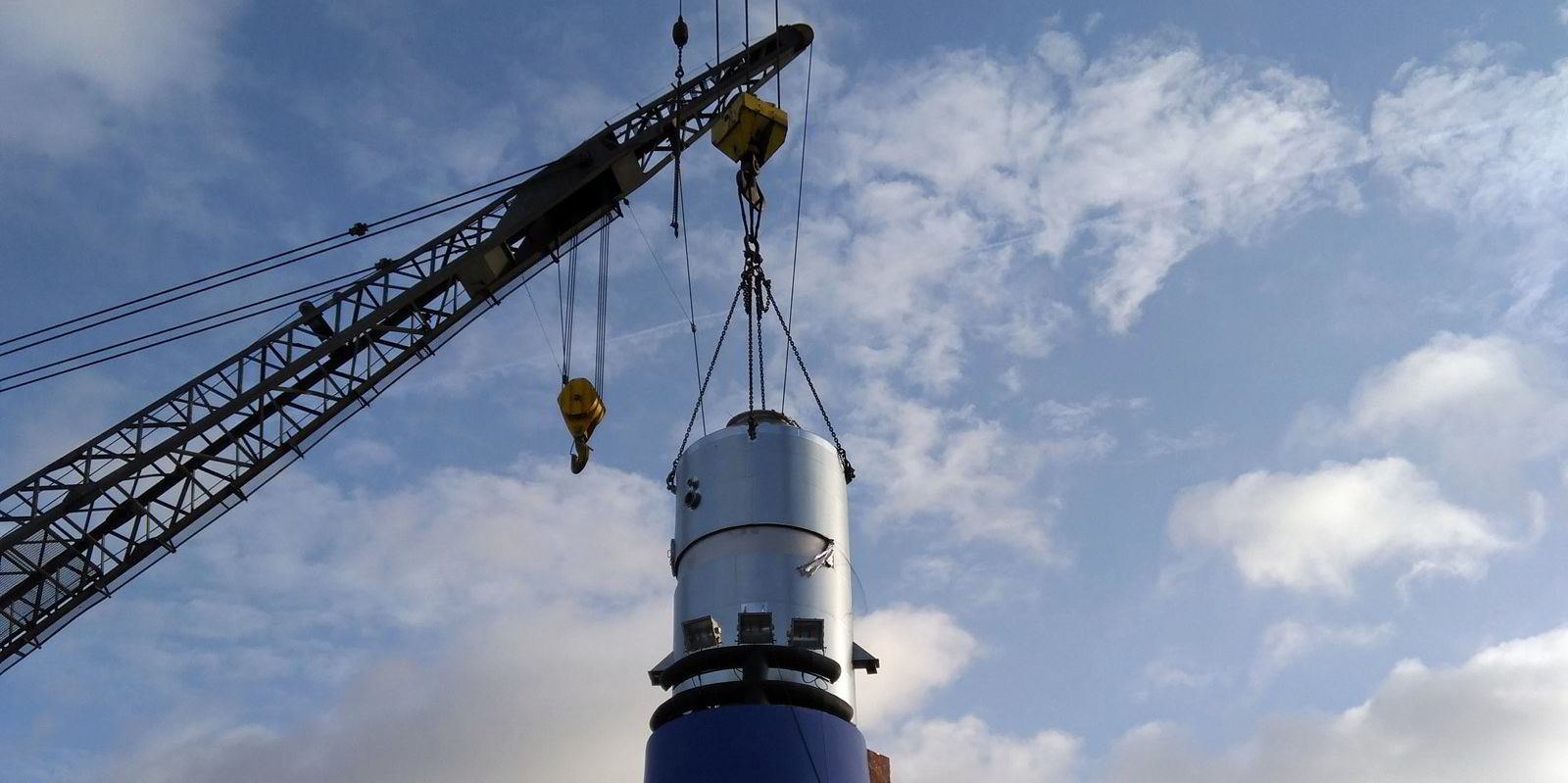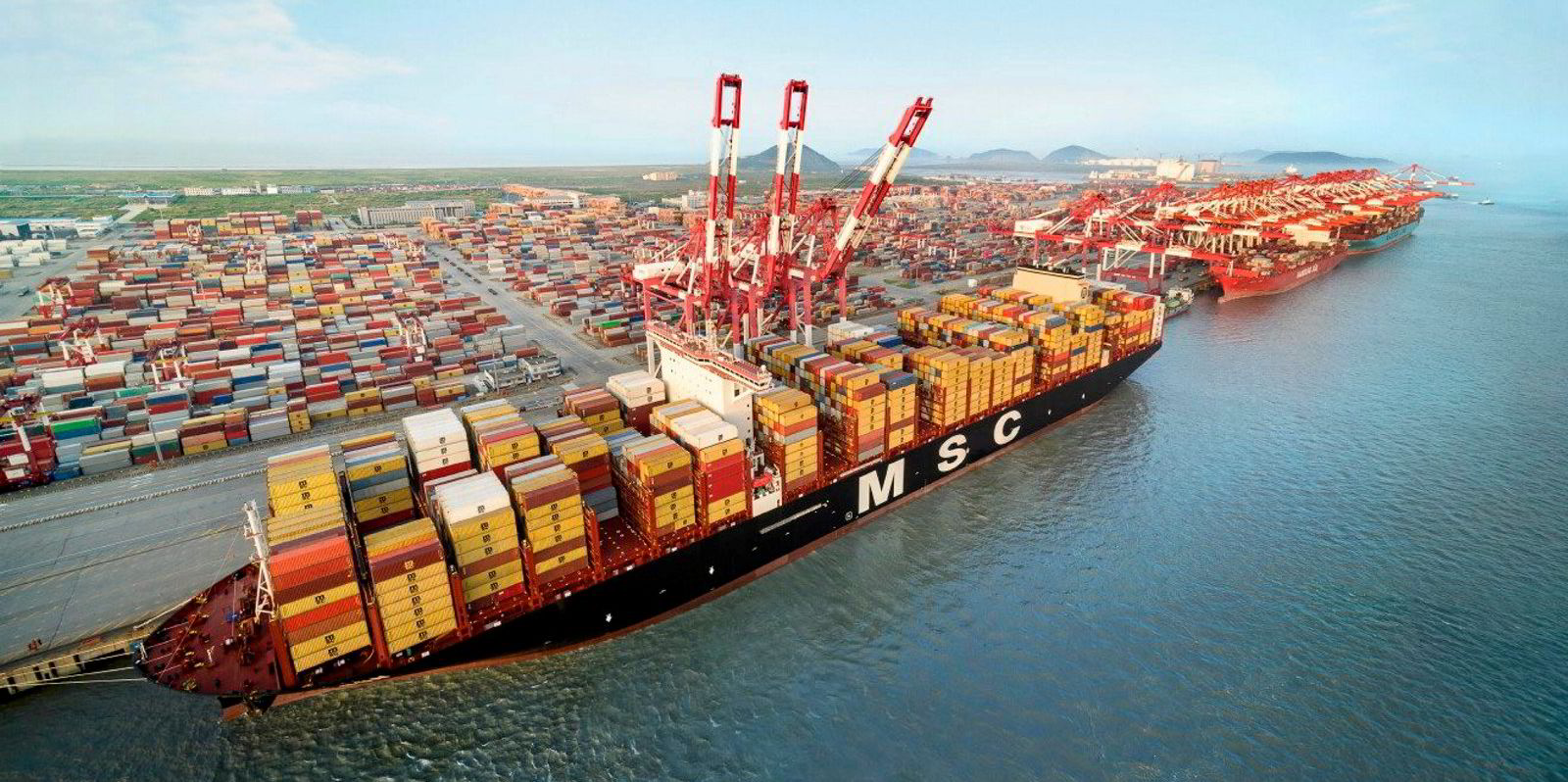Ships in European waters could face a continent-wide ban on the discharge of scrubber effluent or residues, with penalties for non-compliance imposed on owners as opposed to a ship’s crew or master.
The proposal has come from the European Parliament as part of a review of the European Union Maritime Safety Package, which was announced in June.
The parliament’s transport & tourism committee voted to update EU rules to include garbage, sewage and scrubber discharges.
Many exhaust gas cleaning systems use seawater to spray through an engine’s exhaust and remove SOx emissions that would otherwise be released into the atmosphere. The systems are seen by regulators as a compliance alternative to using marine fuels with low sulphur content.
Open-loop scrubbers use a system in which the water used in the system is discharged into the sea.
The proposal could mean only scrubbers with closed-loop systems could be used. Closed-loop scrubbers include an additional system to extract the effluent from the collection water and then store it for discharge onshore.
A ban on discharging scrubber water and effluent into the sea would mean vessels retaining the collected effluent, often a sludge, on board until they are in a port with collection facilities.
The European Community Shipowners Association said the wording of the amendments made by the European Parliament Committee are confusing, but that the attempt is to align with guidelines and definitions on scrubber discharges from the International Maritime Organization.
"The IMO guidelines do not implement a ban on scrubber discharge – they instead define “residues’’ and “discharge water”, coupled with a discharge criterion according to which water discharge is or is not allowed," wrote ECSA in a clarification to TradeWinds.
"By aligning with the IMO guidelines, in our opinion, the Parliament’s position simply transposes MARPOL definitions into EU law without creating new EU standards".
More teeth
The Parliament proposal called on shipowners to be held responsible for any environmental damage, in case the crew or master cannot be found or are unable to pay the full amount of any penalty.
Members of the European Parliament (MEPs) also said EU governments should avoid setting maximum or minimum penalties for infringements
Other proposals include using the EU satellite-based tracking system SafeSeaNet more effectively and greater information exchange between member states and the European Commission on pollution incidents, including getting more than half of the CleanSeaNet reports verified on the spot
European Parliament rapporteur Marian-Jean Marinescu said: “The current EU rules do not work, because they are weakly applied by member states. This is unacceptable.
“It is time for member states to step up and protect European seas from the harmful effects of ships illegally dumping waste. It is necessary to effectively detect illegal discharges and set penalties at levels that serve as a real deterrent.”
The revision of the directive on ship-source pollution is a part of the Maritime Safety Package presented by the commission in June 2023, which aims to strengthen EU rules on safety and pollution.
This article has been adjusted to reflect uncertainties in how the European parliament text is being interpreted within the industry. Updates will be published as the story unfolds.




